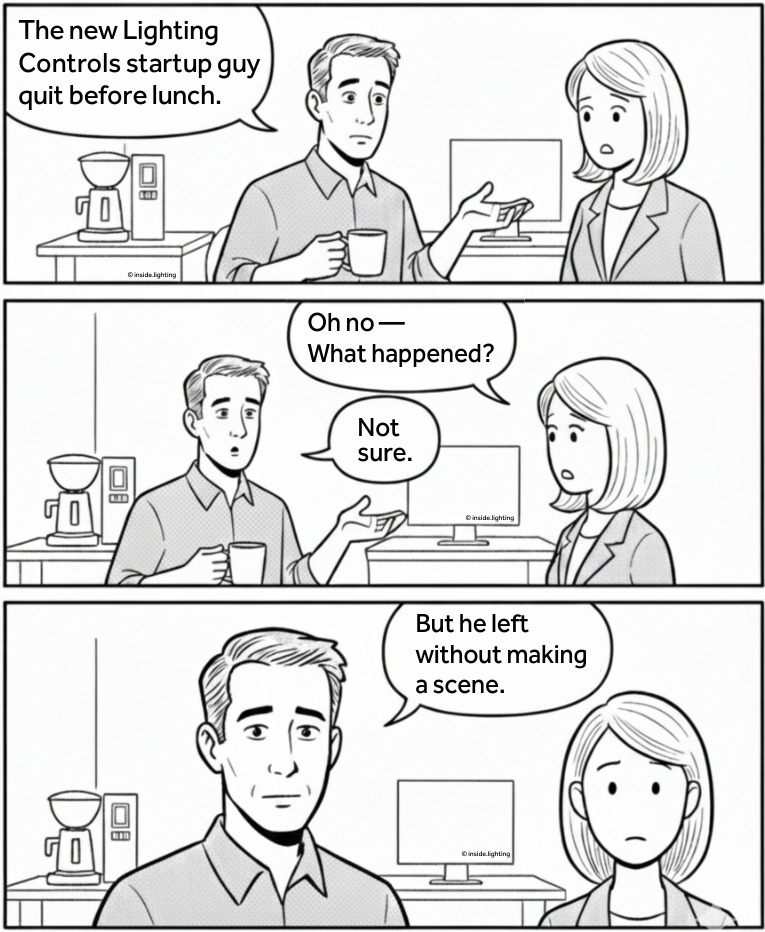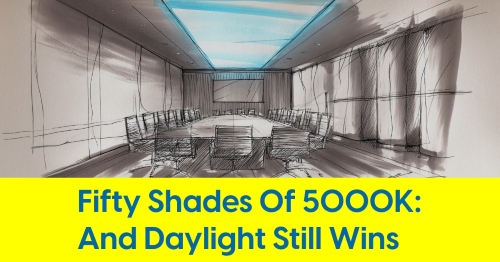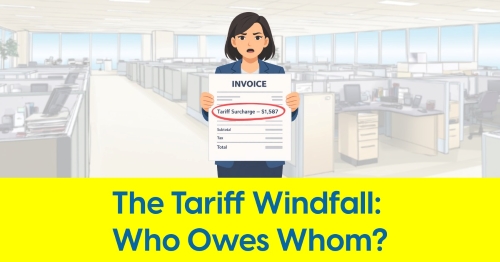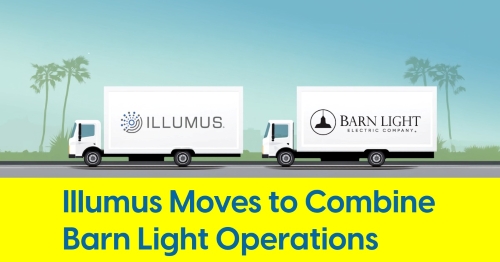August 22, 2023
Agent Sues Everlast Lighting over Commission Dispute
But the written sales contracts raise questions about the strength of the agent’s claims
In a recently filed lawsuit, Simply Bright Ideas, a Missouri-based lighting agency, has accused Everlast Lighting, a Michigan lighting manufacturer best known for its high bay lighting, of violating several sales representative agreements over the years. The lawsuit, filed yesterday in the United States District Court for the Western District of Michigan, alleges multiple breaches in contracts from 2017 through 2023.
According to the complaint, Everlast Lighting had been in contractual agreements with Simply Bright Ideas since 2012. These agreements, titled "Everlast Lighting Rep Agreement," were renewed annually. Central to the dispute, Simply Bright Ideas alleges that Everlast Lighting failed to abide by certain key provisions of these agreements, particularly regarding commission payments and exclusive sales territories.
The plaintiff claimed that Everlast Lighting did not adhere to the agreed commission structure and violated the exclusivity terms by allowing sales from other representatives in Simply Bright Ideas’ exclusive territories. Simply Bright Ideas also emphasized similar grievances in other claims, where they highlighted that the defendant allegedly failed to pay agreed commissions and breached territorial exclusivity provisions.
The complaint further touches on the Michigan Sales Representatives Commission Act, suggesting that Everlast Lighting had not met its commission payment obligations as mandated by state law. The plaintiff contends that they facilitated sales worth hundreds of thousands of dollars for Everlast Lighting's products, but were not compensated fairly. They argue that the defendant intentionally withheld or provided incorrect financial information, making it challenging for Simply Bright Ideas to determine the exact commissions owed.
We spoke with a Vice President level employee of Everlast Lighting who was unaware of commission disputes with Simply Bright Ideas, and politely declined to comment as the company has yet to be served with the lawsuit.
A closer look at the contracts
The inside.lighting I-Team examined three of the Sales Representative Agreements submitted to the court by Simply Bright Ideas. The plaintiff's complaint repeatedly claims that it was not compensated for one-third commissions for sales made by other sales representatives within its territory. We reviewed the oldest contract (2017) and the two most recent contracts (2022 and 2023).
The sales agreement cites Simply Bright Ideas as a representative covering the entire states of Missouri and Arkansas, along with numerous counties in Southern Illinois. It’s unusual for all of Arkansas to be covered by a representative in Missouri – while also not providing a county carve-out for the Arkansas counties in metropolitan Memphis, Tennessee area. Similarly, it’s unusual for a representative to have Kansas City, Missouri in its territory, but not the suburban areas in Kansas which include Overland Park and Shawnee Mission, Kansas.
In all contracts we sampled, the territory sales goal for Simply Bright Ideas ranged from $75,000 per year to $100,000. Base commission was cited as 10% with a 90%/10% overage split.
We expect Everlast Lighting to defend itself on numerous fronts, including the following:
-
Firstly, none of the sampled sales agreements we examined were countersigned by Everlast Lighting. This may present a foundational challenge for the plaintiff. In most legal jurisdictions, for a contract to be considered valid and enforceable, both parties need to demonstrate mutual assent, typically indicated by signatures. Without Everlast Lighting's countersignature, it may be argued that there wasn't a full mutual agreement to the terms, thereby potentially weakening Simply Bright Ideas' claim of a breach of contract.
-
Secondly, while the term "exclusive" is indeed mentioned in the sales agreements, it's found only in the context of commissions. The agreements fail to specify the agent territory as "exclusive." This omission may have ramifications. If Simply Bright Ideas is implying that they had exclusive rights over a specific territory, this lack of clear definition in the contract can weaken such a claim. Without clear wording granting territorial exclusivity, it may become challenging to enforce any expectations of such exclusivity.
-
Lastly, the contract does provide clarity on the commission structure, particularly when sales span multiple territories. According to the contract, a one-third split is warranted when the sales order, specification influence and shipping destination fall into different agent territories. This means that Simply Bright Ideas, if acting as the territory or destination representative, would always receive at least a third of the commission. This portion of the agreement appears to be more straightforward and less contentious, given its explicit language.
Above: Contract language from the 2023 sales rep agreement.
While the commission split seems clear-cut, the absence of countersignatures and the lack of explicit territorial exclusivity in the agreements may pose challenges to Simply Bright Ideas' case. As the lawsuit unfolds, the interpretation of these contractual details will likely play a pivotal role in the court's decision.
In its plea for relief, Simply Bright Ideas seeks damages from Everlast Lighting on multiple counts, for a total exceeding $75,000.
Our voice mail and text message to Brian Brader, Principal of Simply Bright Ideas, were not immediately returned.












